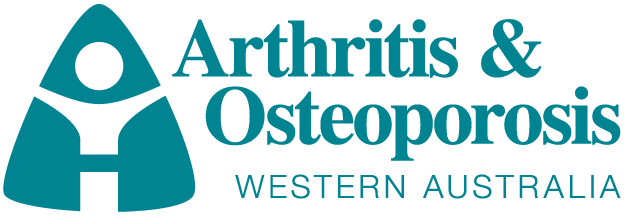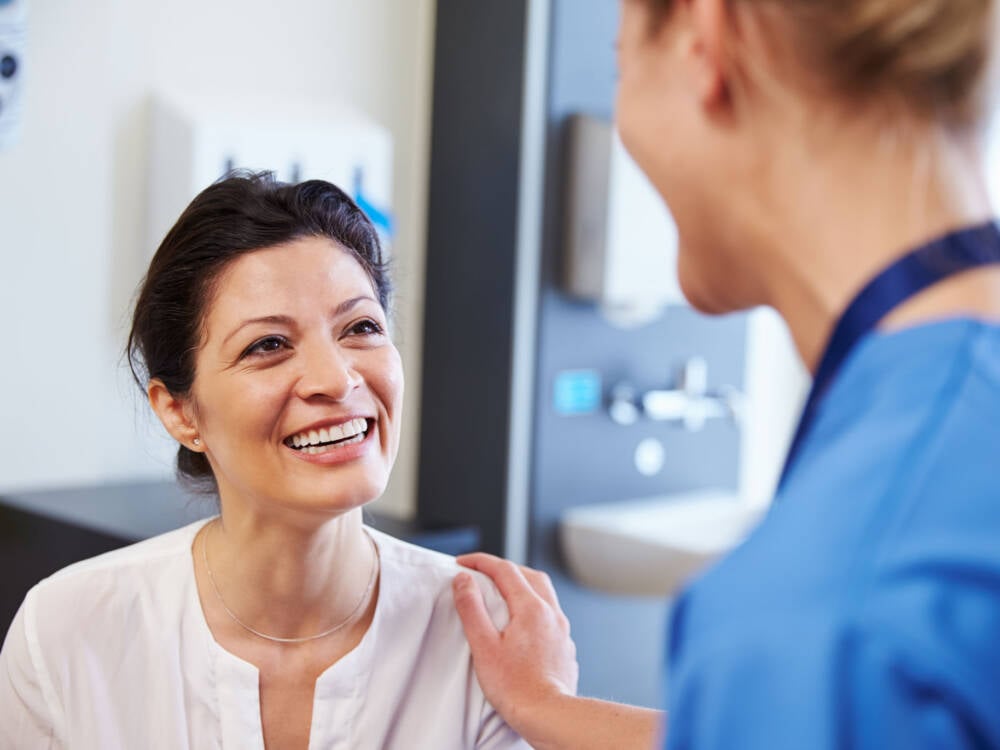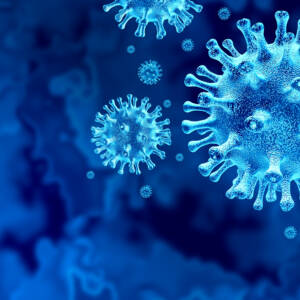What is COVID-19?
Coronaviruses are a large family of viruses that cause respiratory infections. These can range from the common cold to more serious diseases. COVID-19 is the disease caused by a new coronavirus. It was first reported in December 2019 in Wuhan City in China. It has now become a global pandemic.
How is it spread?
The virus can spread from person to person through:
- close contact with an infectious person (including in the 24 hours before they started showing symptoms)
- contact with droplets from an infected person coughing or sneezing
- touching objects or surfaces (like doorknobs or tables) that have droplets on them from an infected person, and then touching your mouth or face.
What are the symptoms?
The symptoms of COVID-19 are similar to colds and flus and can include:
- Fever
- Sore throat
- Cough
- Shortness of breath
- Fatigue
While the COVID-19 virus is of serious concern, it is important to remember, at this stage, that most people displaying symptoms such as fever, cough, sore throat or fatigue may be suffering from a cold, flu, allergies or other respiratory illness – not COVID-19.
If you are concerned you may have COVID-19, use the symptom checker on healthdirect.
Do I need to be tested if I have those symptoms?
If you develop symptoms within 14 days of last contact with a confirmed COVID-19 case or returning to Australia, you should seek medical attention. Your doctor will tell you if you need to get tested.
There is a global shortage of test kits, so the medical advice to date is to limit testing and target it towards people who may have been exposed to virus.
How to seek medical attention
If you are sick and think you have symptoms of COVID-19, seek medical attention. If you want to talk to someone about your symptoms first, call the Coronavirus Health Information Line for advice.
Coronavirus Health Information Line: 1800 020 080
Call this line if you are seeking information on coronavirus (COVID-19). The line operates 24 hours a day, seven days a week.
To seek medical help from a doctor or hospital, call ahead of time to book an appointment.
You will be asked to take precautions when you attend for treatment. Follow the instructions you are given.
If you have a mask, wear it to protect others. Stay at least 1.5 metres away from other people. Cover your coughs or sneezes with your elbow.
Tell the doctor about:
- your symptoms
- any travel history
- any recent contact with someone who has COVID-19
Who is most at risk?
In Australia, the people most at risk of getting the virus are those who have:
- recently been in in a high risk country or region (mainland China, Iran, Italy or Korea)
- been in close contact with someone who has a confirmed case of COVID-19
Based on what we know about coronaviruses, those most at risk of serious infection are:
- people with compromised immune systems (such as people who have cancer)
- elderly people
- Aboriginal and Torres Strait Islander peoples (as they have higher rates of chronic illness)
- people with chronic medical conditions
- people in group residential settings
- people in detention facilities
To help protect people most at risk, the Australian Government has recommended limits on public gatherings and visits to vulnerable groups.




